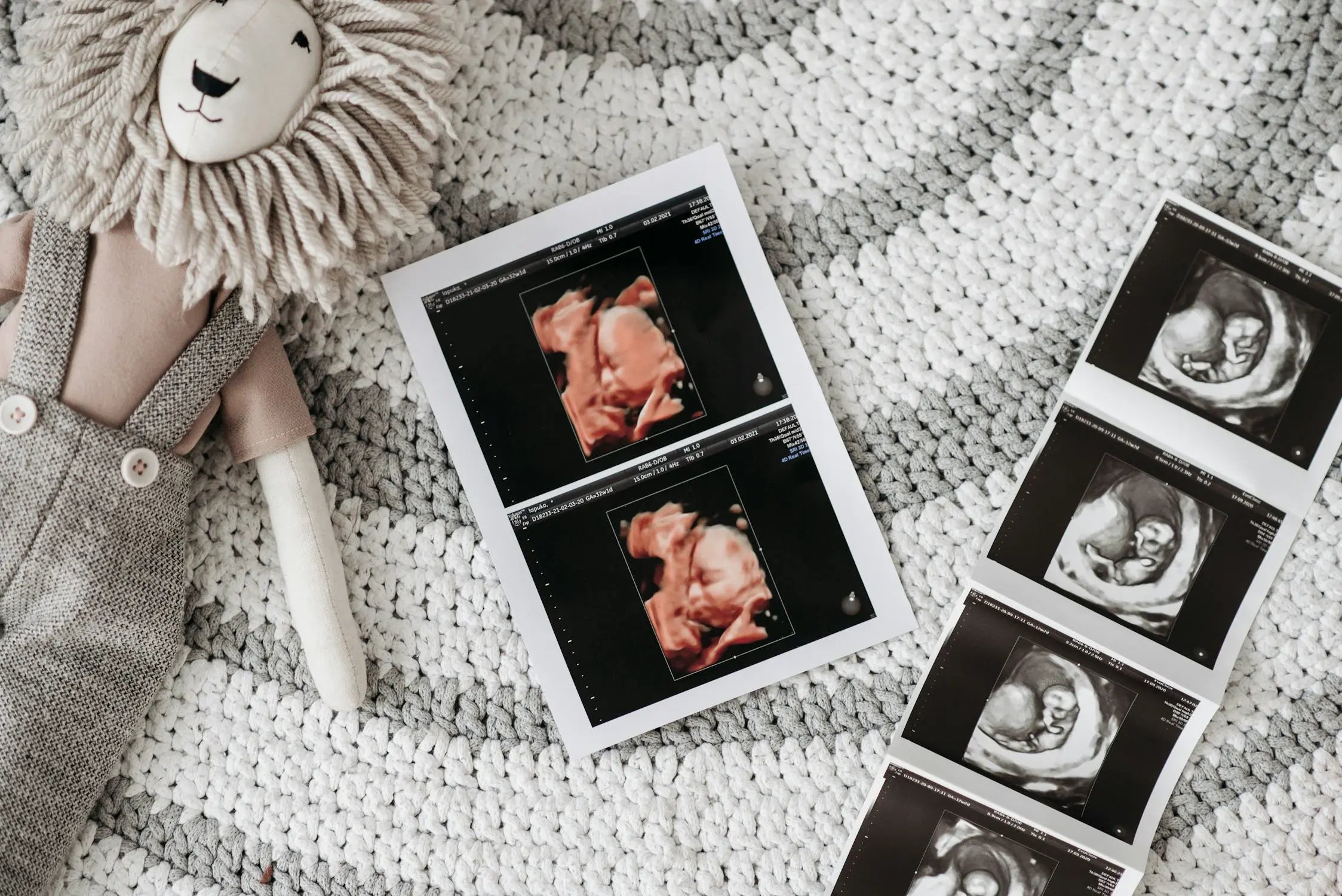Inicio
Pregnancy, Breastfeeding, and Pumping: The Ultimate Guide for Moms
How Many Days from Conception to Positive Pregnancy Test: A Complete Guide

How Many Days from Conception to Positive Pregnancy Test: A Complete Guide
For many women, the journey to motherhood begins with a simple question: How many days from conception to a positive pregnancy test? This question is often accompanied by excitement, anxiety, and a desire for clarity. Understanding the timeline and the science behind pregnancy tests can help you navigate this pivotal moment with confidence.
Understanding Conception and Implantation
Conception occurs when a sperm fertilizes an egg, typically in the fallopian tube. After fertilization, the fertilized egg, now called a zygote, begins to divide and travel toward the uterus. This journey takes about 6 to 12 days. Once the zygote reaches the uterus, it implants into the uterine lining, a process known as implantation. Implantation is a critical step because it triggers the production of the hormone human chorionic gonadotropin (hCG), which is detected by pregnancy tests.
The Role of hCG in Pregnancy Testing
hCG is often referred to as the pregnancy hormone because its levels rise rapidly in early pregnancy. This hormone is produced by the cells that form the placenta and is essential for maintaining the pregnancy. Pregnancy tests work by detecting hCG in urine or blood. The sensitivity of the test determines how early it can detect pregnancy. Most home pregnancy tests can detect hCG levels as low as 25 mIU/mL, but some are even more sensitive.
How Many Days from Conception to a Positive Test?
The number of days from conception to a positive pregnancy test varies depending on several factors, including the timing of implantation and the sensitivity of the test. On average, implantation occurs 8 to 10 days after conception. Once implantation happens, hCG levels begin to rise, doubling approximately every 48 to 72 hours. Most women can expect a positive pregnancy test about 10 to 14 days after conception, or around the time of their missed period.
Factors That Influence Test Accuracy
Several factors can affect how soon a pregnancy test can detect hCG:
- Timing of Implantation: If implantation occurs later than average, hCG production may be delayed.
- Test Sensitivity: More sensitive tests can detect lower levels of hCG earlier in pregnancy.
- Time of Day: hCG levels are often more concentrated in the first morning urine, increasing the likelihood of an accurate result.
- Individual hCG Levels: Some women naturally produce hCG at a slower rate, which can delay detection.
When to Take a Pregnancy Test
To maximize accuracy, it's best to wait until at least the first day of your missed period to take a pregnancy test. Testing too early can result in a false negative, even if you are pregnant. If you suspect you might be pregnant but receive a negative result, wait a few days and test again. Blood tests, which are more sensitive than urine tests, can detect pregnancy even earlier, sometimes as soon as 7 to 12 days after conception.
Early Signs of Pregnancy
While waiting to take a pregnancy test, you may notice early signs of pregnancy, such as:
- Fatigue
- Breast tenderness
- Nausea or morning sickness
- Frequent urination
- Mild cramping or spotting
These symptoms can be caused by other factors, so they are not definitive proof of pregnancy. However, they can provide clues that it's time to take a test.
What to Do After a Positive Test
A positive pregnancy test is an exciting milestone, but it's just the beginning of your journey. Here are some steps to take after receiving a positive result:
- Schedule an appointment with your healthcare provider to confirm the pregnancy and begin prenatal care.
- Start taking prenatal vitamins, if you aren't already, to support your baby's development.
- Make healthy lifestyle choices, such as eating a balanced diet, staying hydrated, and avoiding harmful substances like alcohol and tobacco.
- Educate yourself about pregnancy and childbirth to feel more prepared for the months ahead.
Common Questions About Pregnancy Testing
Here are answers to some frequently asked questions about pregnancy tests:
- Can a pregnancy test be wrong?
- Yes, false positives and false negatives can occur, though they are relatively rare. Factors like improper test usage, expired tests, or certain medical conditions can affect results.
- How soon can I take a blood test for pregnancy?
- Blood tests can detect pregnancy as early as 7 to 12 days after conception, depending on the type of test.
- What if my test is faintly positive?
- A faint line usually indicates a positive result, but it may mean that hCG levels are still low. Retest in a few days for a clearer result.
Understanding the timeline from conception to a positive pregnancy test can help you approach this life-changing moment with confidence and clarity. Whether you're eagerly trying to conceive or simply curious about the process, knowing what to expect can make all the difference. So, when the time comes, you'll be ready to take that test and embrace the journey ahead.
Compartir

